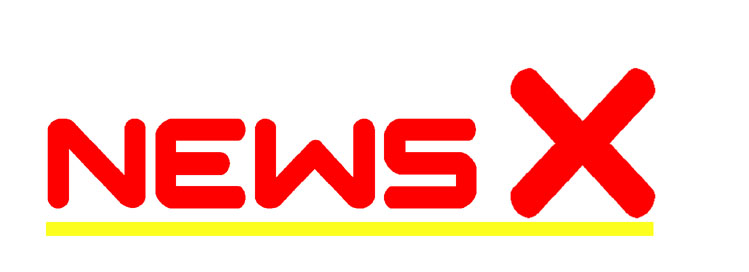In the last few months, investors have been turning to multi asset mutual funds. The reason for this also seems to be the shaky current economic environment. Inflation is increasing, interest rates are high and the fear of recession is also hidden. At such times, multi asset funds are considered a safe bet for stable returns. Multi asset mutual funds are those which invest their capital in multiple asset classes like equity, debt and commodity. The rule is that the fund manager will have to invest at least 10 percent of the corpus in each of these asset classes. But, does this really make it a true multi asset fund? For example, when the stock market is in a downtrend, investing 80 per cent in equities and only 10 per cent in debt and commodities will adversely impact the fund’s performance.
Investing In Assets In A Predetermined Manner
A true multi-asset mutual fund is one that invests across all assets in a ‘predetermined’ manner. In the last one year, multi asset funds of SBI, Tata and HDFC gave returns of 18.53 per cent, 18.18 per cent and 16.23 per cent, while Nippon India Multi Asset Fund gave returns of 18.54 per cent. Financial planning experts advise investors that they need to diversify their portfolio across asset classes so that even in times of ups and downs, their investments are not only safe but they also get good returns. Also, while choosing a multi asset fund, they should invest in a fund that really suits its theme.
Ratio Of Asset Classes As Per Market Conditions
Dwaipayan Bose, co-founder, Advisor Khoj, says pre-determined asset allocation ensures true diversification and hence the ratio of asset classes should not change as per market conditions. Take the example of Nippon India Multi Asset Fund. It is the only multi asset fund, which invests in fixed proportions across four asset classes. It invests 50 per cent in India equities (growth), 15 per cent in debt (relative stability), 15 per cent in commodities (low correlation with equities) and the remaining 20 per cent in foreign equities (global growth prospects). . This allocation formula of 50:20:15:15 (regardless of market conditions) makes it a true multi asset fund. Almost all other multi asset funds like Kotak, UTI and Tata invest their corpus across three asset classes, equity, debt and commodity and largely do not always follow the allocation formula.

